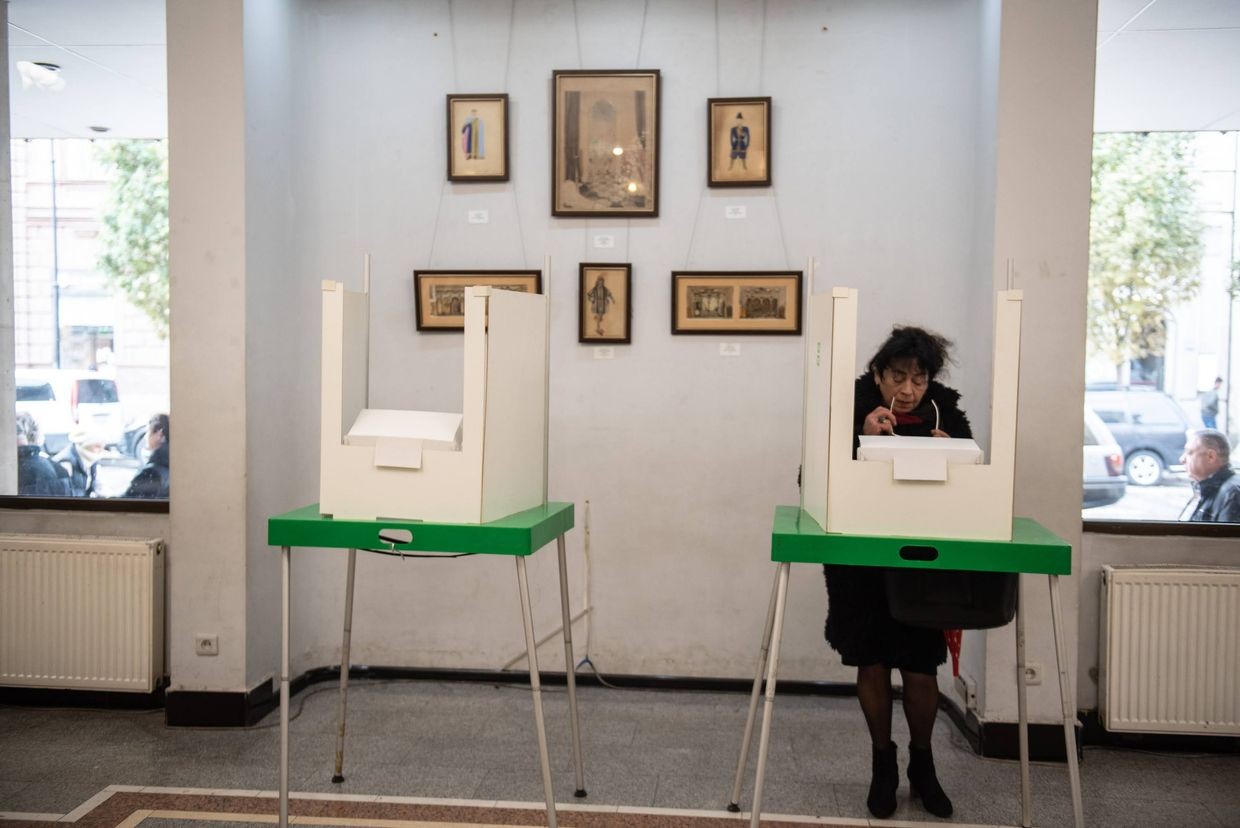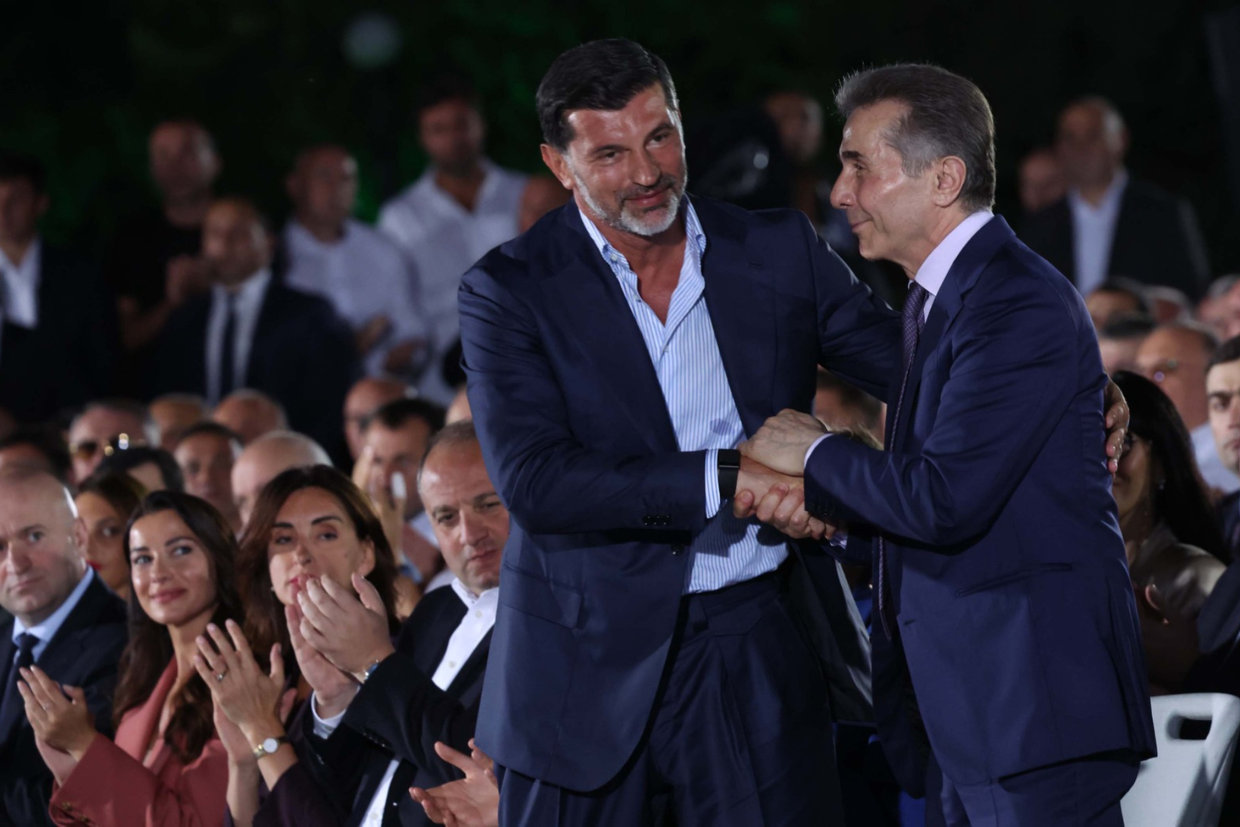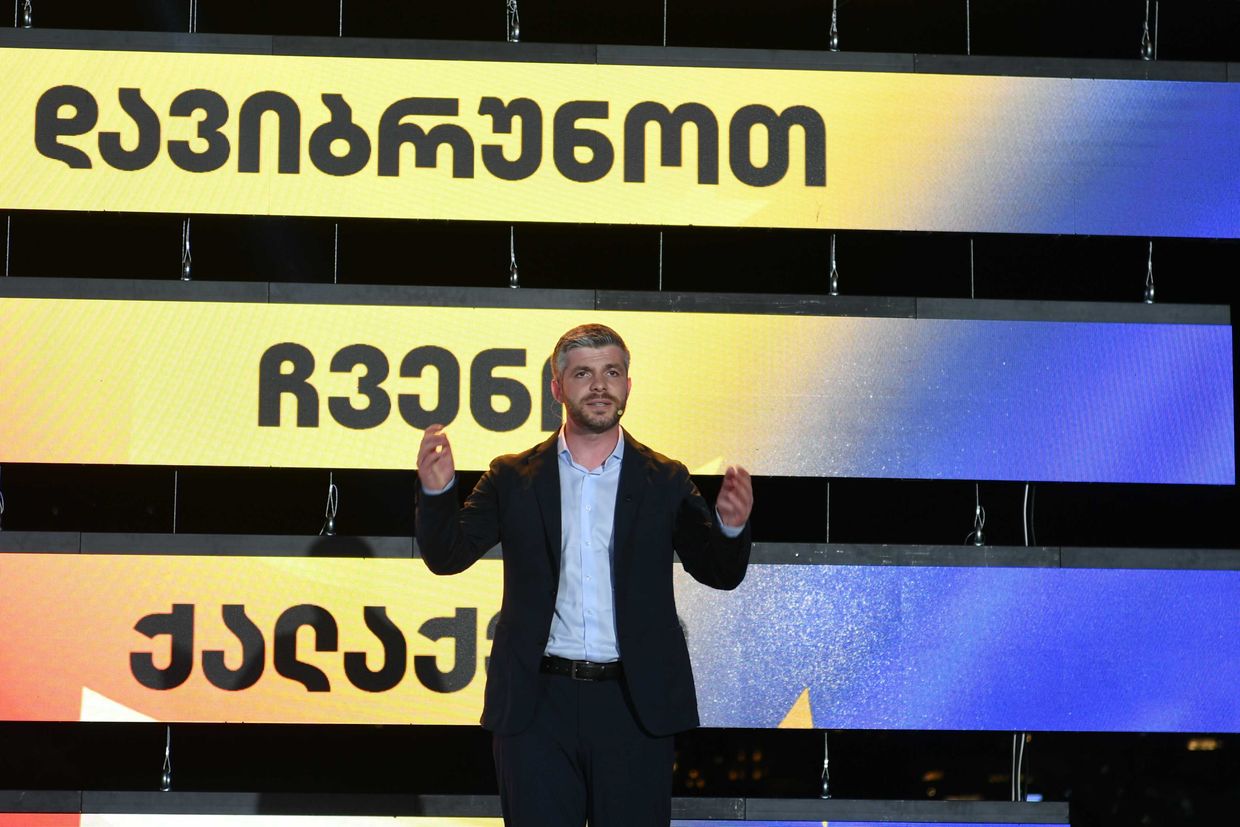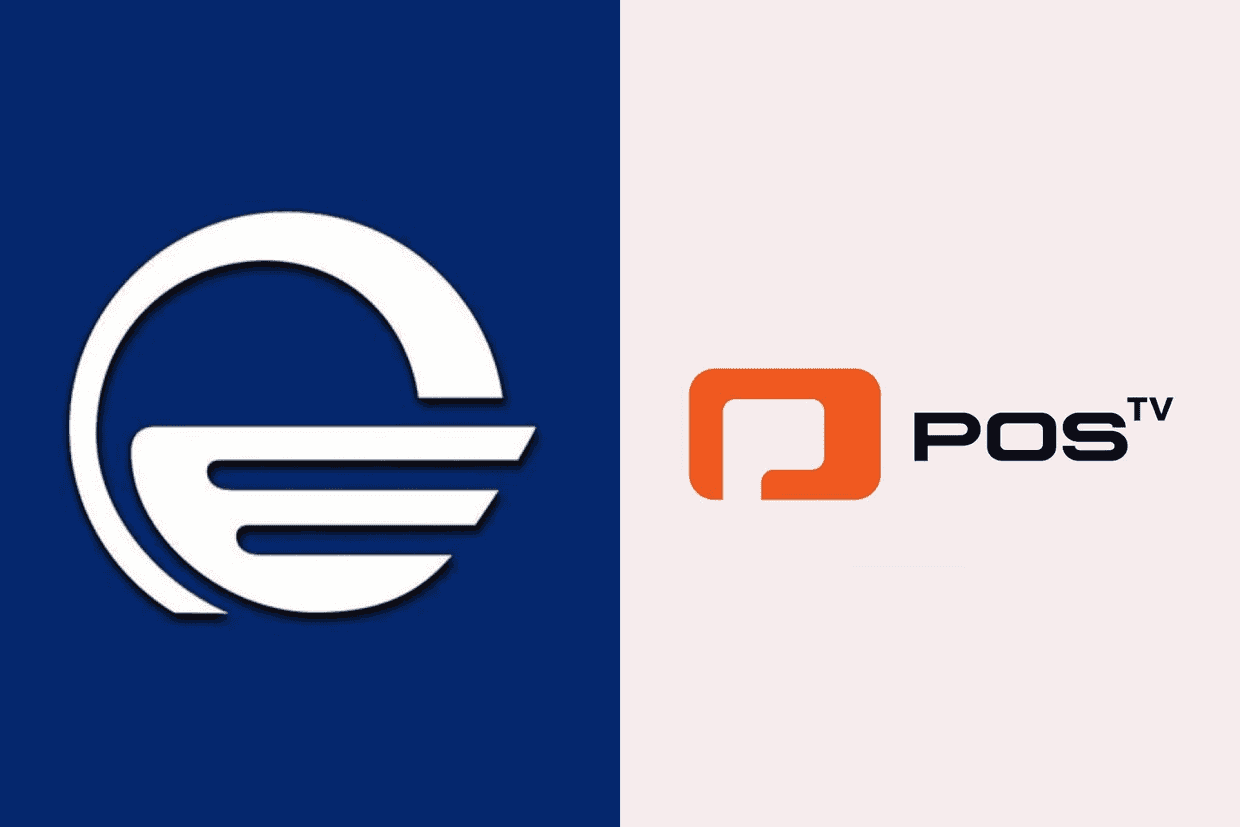
The Georgian election watchdog the International Society for Fair Elections and Democracy (ISFED) will not have long-term or short-term observers present at polling stations during the 4 October 2025 municipal elections. ISFED cited the lack of prospects for a free and fair vote as the reason behind their decision.
The organisation will also not conduct a parallel vote tabulation, as it has done in the past.
‘However, the organisation will continue to monitor and assess ongoing political and electoral processes’, ISFED told OC Media.
ISFED first announced its plans alongside the release of its pre-election assessment report on Thursday.
According to the document, the three key conditions of the Council of Europe’s Venice Commission — respect for fundamental rights, stability of electoral law, and the existence of procedural guarantees — are largely unmet, significantly limiting the possibility of free, fair, and competitive elections.
‘Georgia is heading into municipal elections against a backdrop of political crisis, democratic backsliding, and a deteriorating human rights situation’, the report read.
According to the report, ten months after the disputed 2024 parliamentary elections and just six weeks before the municipal vote, the political situation, legislative framework, electoral system, and media environment have all deteriorated, while opportunities for election observation have also been restricted.
The report emphasised that following the disputed elections, against the backdrop of the opposition’s boycott and the parliament’s de facto one-party composition, Georgian Dream ‘adopted repressive legislative changes, intensified pressure on civil society and the media, and launched political persecution against opposition leaders’.
‘Meanwhile, protests in the country are being suppressed through violent methods and restrictions on civil rights. All of this has severely undermined the condition of respecting fundamental rights, which is essential for upholding the principles of democratic elections’, the report read.
In its analysis of the challenges in observing the elections, ISFED emphasised that ‘the ability to conduct objective, non-partisan international and domestic election observation was severely curtailed’ for several reasons, including Georgian Dream breaking a long-standing tradition and the OSCE/ODIHR mission not being invited for the 2025 vote.
The report also mentioned a series of legislative changes that ‘restricted the rights of observers’ and increased government ‘pressure on domestic observer organisations’, including the laws targeting civil society and foreign grants.
‘As a result, the election observation mechanism — intended to ensure transparency — became a target of government control and pressure, which significantly limited the procedural guarantees necessary for democratic elections’, ISFED said.
Against this backdrop, ISFED decided not to observe the municipal elections using its ‘standard observation mission and methodology’.
Founded four years after Georgia restored its independence, ISFED has 30 years of experience in election observation. The organisation’s work made a significant contribution to uncovering fraud in the 2003 parliamentary elections, which led to the Rose Revolution and the ousting of then-President Eduard Shevardnadze and his government.
Georgian Dream’s stance toward ISFED, as with other civil society organisations critical of the government, has been harsh. Tensions escalated particularly after the 2020 parliamentary elections, when ISFED became embroiled in controversy for admitting a mistake in its parallel vote tabulation.
Despite the organisation’s acknowledgment of the error, Georgian Dream and pro-government media continue to accuse it of ‘falsifying’ the results of the parallel count.

Boycotting the municipal elections
Eight opposition parties have announced a boycott of the municipal vote. The list included parties from two largest opposition groups — Coalition for Change and Unity — United National Movement (UNM).
For them, taking part in the elections would undermine the policy of refusing to recognise Georgian Dream’s legitimacy following the disputed 2024 parliamentary elections, which were marred by major violations.
Parties in favour of participating in the elections have argued that opposition involvement in the process will strengthen the anti-government momentum and prevent Georgian Dream from gaining full control over all state institutions.
Only two major opposition parties — Lelo and For Georgia — have announced plans to take part in the elections so far. Two smaller parties — Freedom Square and For the People — which joined Lelo in a pre-2024 election coalition under the name Strong Georgia, have announced that they will not take part in the municipal vote.












